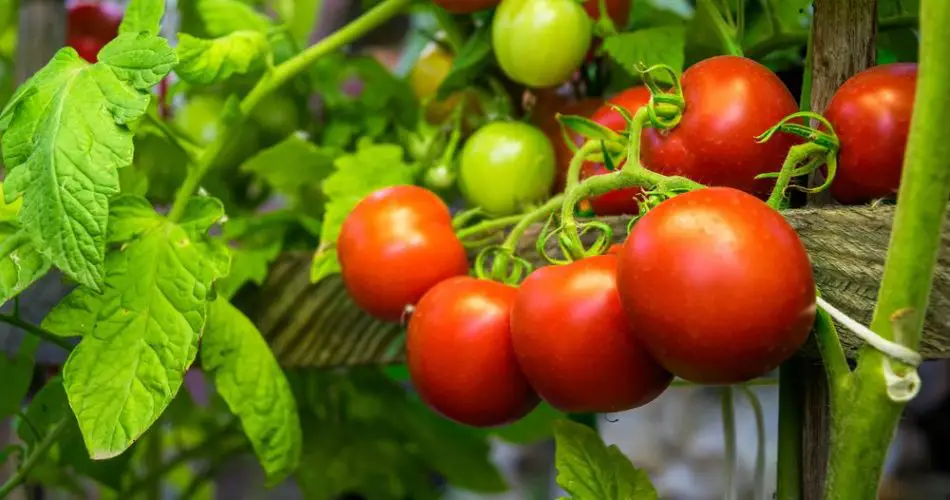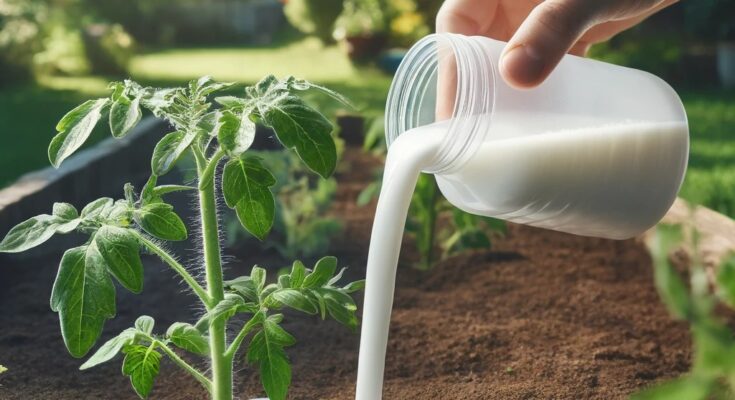Home Garden Tips

Natural fertilizer for tomatoes: 8 household ingredients that give a healthy harvest
Eco-Friendly Tomato Fertilizers: Utilizing Common Household Items for a Bountiful Harvest
Within our everyday households lie simple ingredients that can be repurposed as effective natural fertilizers for tomatoes, each contributing uniquely to the health and productivity of your garden. This article delves into the various ways these fertilizers benefit tomato plants.
Tomatoes, a mainstay in many gardens, require more than just water and sunlight to thrive. They need specific nutrients to enhance their growth and flavor. Luckily, creating a natural fertilizer using items from around your home is not only possible but highly beneficial, eliminating the need for commercial products.
This guide lists several natural fertilizers that can enrich your tomato plants and improve your harvest. Also included are essential tips for growing tomatoes effectively, like the best times for planting and the types of crops that enhance the soil for future tomato growth.
Key points on tomato cultivation:
- Scientific background: The tomato, or Solanum lycopersicum, is native to Central and South America and belongs to the nightshade family.
- Historical arrival: Tomatoes were introduced to Romania post-18th century.
- Classification: Legally classified as a fruit by the European Union in 2001 due to its seed content.
- Crop rotation benefits: Tomatoes grow better following onions, spinach, cucumbers, lettuce, beans, peas, or alfalfa.
- Planting schedule: Stagger planting from late April through May for a continuous summer to autumn harvest.
- Flavor issues: The lack of flavor in commercial tomatoes is often due to premature harvesting and artificial ripening with ethylene gas.
Effective Household Fertilizers for Tomatoes:
- Sodium Bicarbonate: Sprinkling baking soda on soil moderates acidity, promoting sweeter, authentically flavored tomatoes.
- Coffee Grounds: These provide a slow-release fertilizer that encourages robust, even growth and enhances soil quality.
- Eggshells: Rich in calcium, eggshells bolster soil and plant health and deter slugs when buried deep.
- Aspirin: Boosting plant immunity with its salicylic acid content, aspirin can be dissolved in water and applied to plants regularly.
- Fish Heads: An old but effective fertilizer, they release beneficial minerals and nutrients like nitrogen and phosphorus as they decompose.
- Bone Meal: This is a phosphorus-rich substance that supports healthy vegetable growth, mixed into planting holes for tomatoes.
- Ash: A traditional fertilizer, ash dissolved in water nourishes the tomato plants and improves the soil around them.
- Iodine: Prevents disease and boosts tomato growth and ripening when applied as a diluted solution.
Additional Natural Fertilizers:
- Banana Peels: Their high potassium content makes them excellent for tomato health.
- Nettles: Fermented nettle water, rich in nitrogen, potassium, and iron, is effective when applied twice monthly.
- Brewer’s Yeast: Mixed with sugar and water, it provides nutrients when diluted and used as a plant feed.
This comprehensive guide aims to equip gardeners with the knowledge to use eco-friendly, effective alternatives to commercial fertilizers, ensuring a successful and flavorful tomato harvest.



